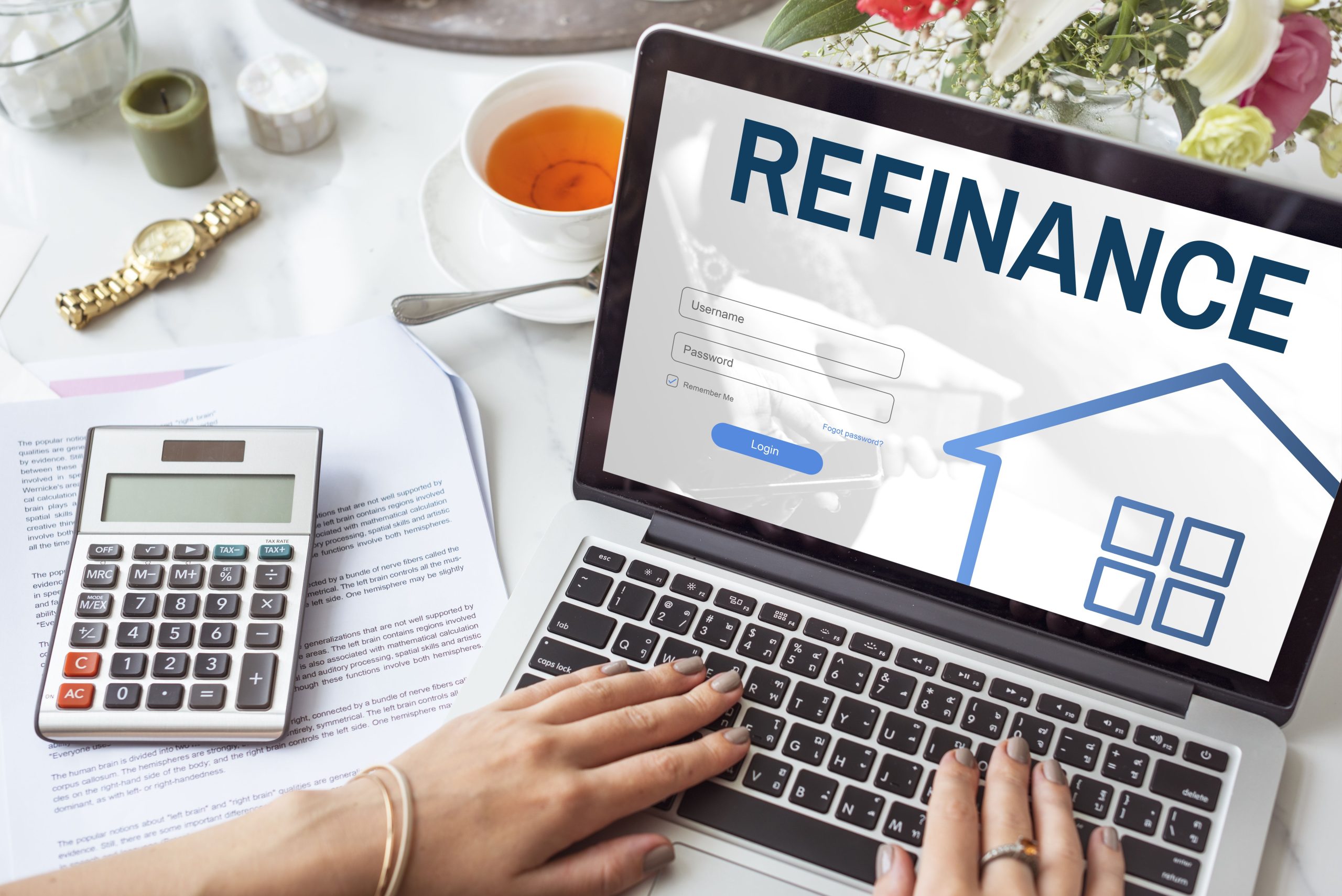At Reliant Mortgage, we understand that loan officers are the backbone of the mortgage industry…

How to Protect Your Home from Water and Moisture Damage
Water and moisture damage is a common occurrence in many homes. It can happen anywhere, often in places you never expected. Thankfully, there are a few measures you can take to ensure that you don’t have to deal with water damage and all the problems it can cause. In case you want to know how to prevent this from happening to you, here are a handful of steps you can take.
- Drainage Upgrades
One place you might not expect to deal with water damage is behind your washing machine. The hoses that carry the water to and from your washing machine see a lot of use, and a burst hose can mean big trouble. Replace your rubber hoses with the no-burst, woven metal variety to prevent a catastrophe from happening. They are inexpensive and can be installed by anyone.
Another drainage upgrade you should consider is a lawn drainage system for your backyard. While there are a variety of backyard drainage systems to consider including swale drains, french drains, and trench drains, slot drains are by far the most reliable, inconspicuous, and long-lasting option here. The stainless steel, slim design of these drains makes them much more durable and more effective at draining your yard without needing big, ugly grates or trenches to do so.
- A Rain Garden
Depending on where you place it, a rain garden can make the perfect complement to your other drainage efforts around the home. Not only are they great at reducing runoff and flooding, they also filter pollutants from stormwater and add more aesthetic value to your home, helping you to sell your house fast when the time comes.
- Permeable Paving
Permeable paving is the best type of paving you could use when it comes to drainage capabilities. Permeable paving systems like the kind offered by TRUEGRID and other companies look great while providing a completely permeable surface for water to pass through. You could use them to pave your driveway, walkway, or any other area around your yard that expects to see a lot of water.
- Keep Your Gutters Clean
Gutters serve the purpose of guiding water from your roof to the ground where it can safely sink into the soil. Clogged gutters and downspouts could lead to overflowing water that might leak into your roof, walls, and more. Check your gutters and downspouts for leaves and other debris every so often, and clean them out if you find any.
These Tips Can Prevent Big Trouble Down the Line
Dealing with water and moisture damage can be a huge pain. Not only will it cost you money to clean up and repair, it could lead to mold and other health hazards as well if not caught soon enough. Prevent yourself from ever having to deal with water and moisture damage by implementing some or all of the tips in this article. It could save you a ton of money and hassle in the future.
Matt Lee is the owner of the Innovative Building Materials blog and a content writer for the building materials industry. He is focused on helping fellow homeowners, contractors, and architects discover materials and methods of construction that save money, improve energy efficiency, and increase property value




